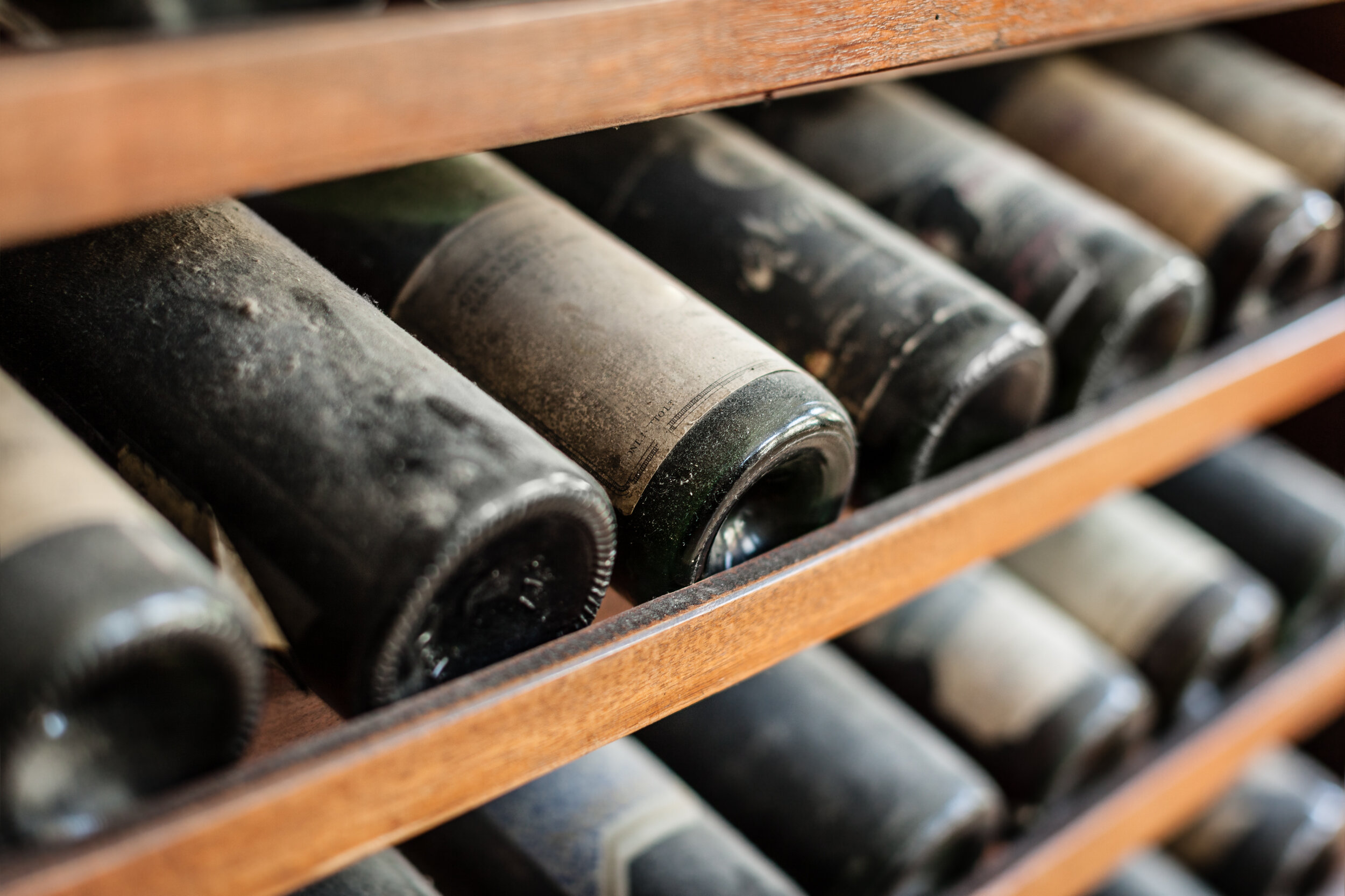September 20, 2024
How to Store Bordeaux Wine for Ageing

Storing Bordeaux wine correctly is essential for anyone looking to age these esteemed bottles. With its rich history and reputation for producing some of the world’s finest wines, Bordeaux deserves careful attention in storage to maximise its potential. This guide explores the best practices for storing Bordeaux wine, ensuring it matures beautifully and develops complex flavours over time.
Understanding Bordeaux Wine
Bordeaux wines, particularly red varieties made from Cabernet Sauvignon, Merlot, and Cabernet Franc, have the potential to age gracefully for decades. When stored correctly, tannins soften, and fruit flavours evolve into intricate layers of aroma and taste. As Jane Anson notes, "The right conditions can transform a good Bordeaux into a truly exceptional wine."
Ideal Storage Conditions
Temperature
Maintaining a consistent temperature is vital for wine ageing. The ideal range for storing Bordeaux wine is between 12°C to 16°C (53°F to 61°F). Fluctuations can cause the wine to expand and contract, damaging the cork and allowing oxygen to seep in. A stable environment helps the wine age slowly and evenly.
Humidity
Humidity plays a significant role in wine storage, as it prevents corks from drying out. A humidity level of 60% to 75% is recommended. Low humidity can cause corks to shrink, leading to oxidation, while excessive humidity may promote mould growth. Investing in a hygrometer can help you monitor these levels effectively.
Light Exposure
Bordeaux wine is sensitive to light, particularly ultraviolet (UV) rays, which can degrade the wine over time. Therefore, it’s essential to store bottles in a dark environment or use UV-filtering glass if displaying your wine. Dark, cool spaces such as basements or dedicated wine cellars are ideal for long-term storage. As Jancis Robinson highlights, “Light is the enemy of fine wine.”
Vibration
Excessive movement can disturb the sediments in wine and disrupt its ageing process. Storing Bordeaux in a location free from vibrations is crucial. Wine racks should be sturdy and placed on flat surfaces. Avoid storing wine near appliances or areas with heavy foot traffic to minimise disturbance.
Storage Options
Wine Cellars
For serious collectors, a dedicated wine cellar is the best option for long-term storage. Wine cellars provide controlled temperature and humidity, along with optimal darkness. If a full cellar isn’t feasible, consider investing in a wine fridge or cooler designed for optimal storage conditions.
Wine Racks
Wine racks are a practical solution for those with limited space. Ensure the rack allows bottles to lie horizontally to keep the cork moist. Look for racks that provide adequate ventilation and are made of materials that do not retain heat.
Professional Storage Facilities
For collectors with valuable Bordeaux wines, professional storage facilities offer climate-controlled environments tailored for wine ageing. These facilities often provide additional services, such as inventory management and insurance options.
Serving and Tasting
Once you have properly stored your Bordeaux, knowing when and how to serve it is crucial. Ageing wine does not mean it will improve indefinitely. Each wine has its optimal drinking window, with many Bordeaux wines peaking between 5 to 15 years after bottling, although some grand cru wines can age for several decades.
Consider decanting the wine before serving to allow it to breathe, enhancing its aromas and flavours. Decanting can also help separate the wine from any sediment that has formed during ageing.
